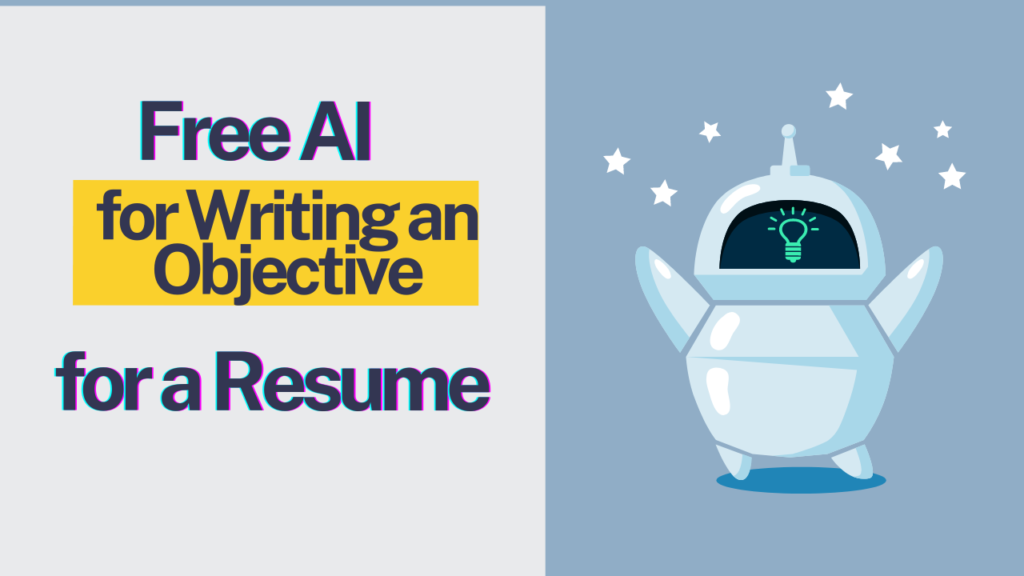Writing an objective for a resume can be challenging. Many people struggle to convey their goals clearly and concisely. Using free AI tools can make this process easier and more effective. These tools help generate tailored objectives that highlight your skills and career aspirations.
I have found that leveraging AI for this task saves time and sparks creativity. Instead of staring at a blank page, I can quickly input my information and receive a polished objective. This allows me to focus on other important parts of my resume.
Exploring free AI options provides valuable support in crafting an impactful resume objective. Embracing this technology can improve how I present myself to potential employers and increase my chances of landing an interview.
Resume Objectives
A resume objective is a brief statement that outlines my career goals and highlights my skills. It helps employers quickly understand what I aim to achieve in my job search. Knowing the purpose and benefits of an objective statement can strengthen my resume.
Purpose of an Objective Statement
The purpose of an objective statement is to provide a snapshot of my professional aims. It gives a quick overview of my career direction and what I hope to contribute to potential employers.
An effective objective should be clear and specific. For example, I might say, “To obtain a marketing position where I can use my skills in digital advertising.” This communicates my goal and shows how I can benefit the company.
The objective also sets the tone for the rest of my resume. It helps guide how I present my experience and skills. A well-crafted objective gives context to my qualifications.
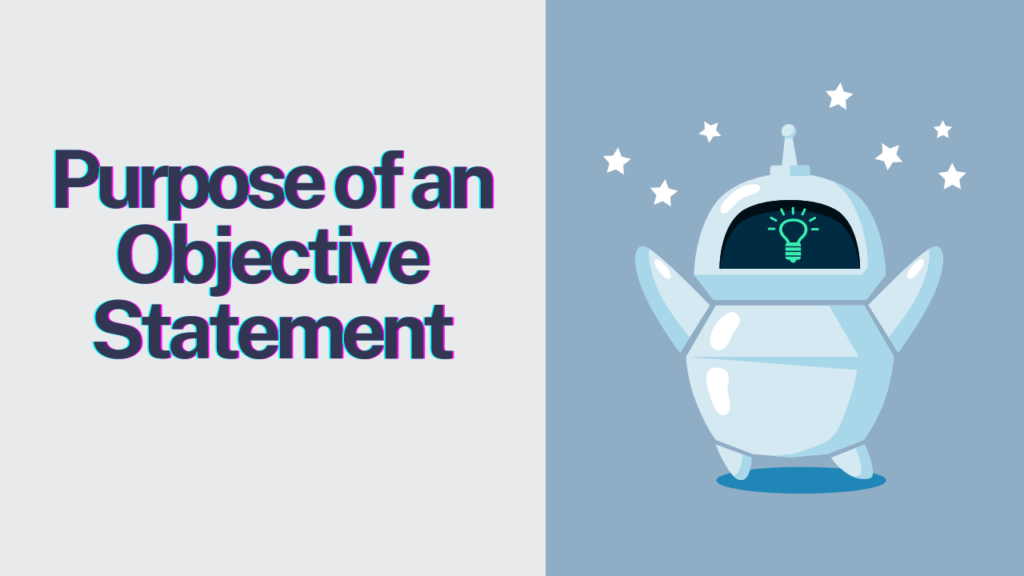
Benefits of Including an Objective
Including an objective can make my resume stand out. It offers a chance to catch an employer’s attention immediately. A focused statement shows I’ve thought carefully about my career path.
An objective can also highlight my most relevant skills. I can tailor it to match the job I’m applying for. This customization demonstrates my interest in the position.
Finally, an objective provides clarity. It makes it easier for employers to quickly grasp my career intentions. This can be especially important in helping me get noticed among many applicants.
Crafting Your Objective
A strong resume objective can set the tone for your application. It is important to make your statement clear and tailored to the job you seek. I will cover how to identify key skills, use relevant keywords, and structure your statement effectively.
Identifying Key Skills and Traits
To begin, I reflect on my key skills and traits. I list out what I bring to the table. This can include technical skills like data analysis or soft skills like teamwork.
For instance, if I am applying for a marketing position, I might highlight skills such as communication, creativity, and analytical thinking. I can think about experiences that showcase these abilities.
Creating a short bullet list helps organize my thoughts:
- Communication
- Creativity
- Problem-solving
- Adaptability
By having this list, I can choose two or three skills to feature in my objective. This focused approach gives employers a quick sense of what I excel at and can add to their team.
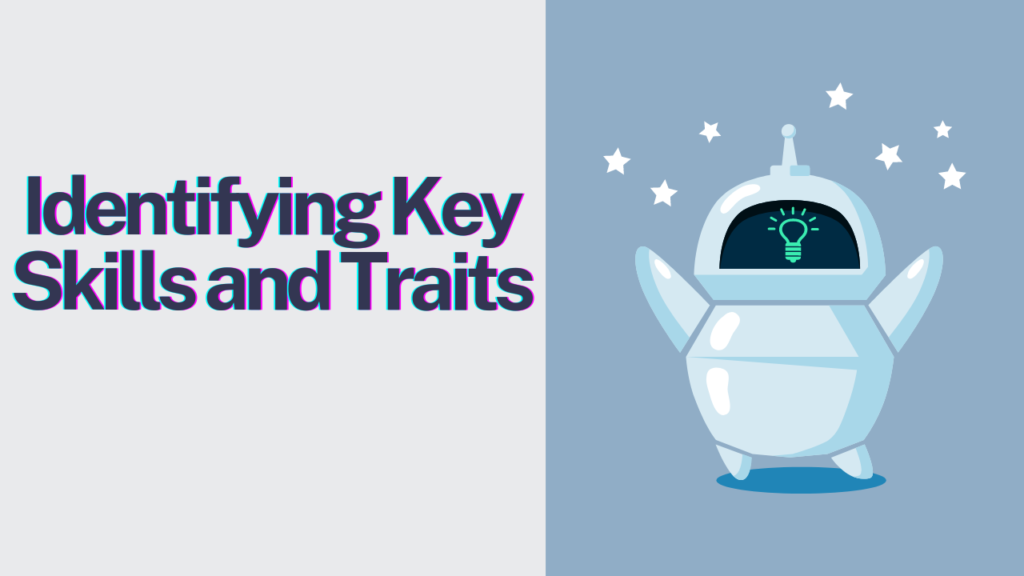
Incorporating Job-Specific Keywords
Next, I take a close look at the job description. I make a note of keywords and phrases that appear frequently. This helps me connect my skills to the specific needs of the employer.
For example, if the job listing emphasizes “team leadership” or “project management,” I will use these terms in my objective. This shows that I understand what is important for the role.
Using a table can also be useful here:
| Job Description Phrase | My Skills Related |
|---|---|
| Team leadership | Strong mentoring and coaching skills |
| Project management | Experience in managing timelines & teams |
By including these keywords, my objective will resonate more with hiring managers, making my resume stand out.
Structuring an Impactful Statement
When I combine my skills and keywords, I focus on structuring my objective. A strong resume objective typically consists of one to three sentences. It should state my career goals and what I can offer the employer.
For example, I might write:
“I am a skilled project manager with a proven track record in leading teams. I excel in meeting deadlines and achieving project goals. I am eager to bring my expertise in project management to [Company Name].”
This format highlights what I can contribute right away. Keeping my statement concise ensures it is easy for hiring managers to read and remember
Real-world Applications
Using free AI tools to write an objective for a resume can help tailor applications to specific industries and positions. These tools support job seekers in crafting effective statements that reflect their skills and experiences. Below are some important applications in different job sectors.
Examples of Different Industries
In the tech industry, I can focus on highlighting my programming skills and experience with modern tools. A typical objective could be:
“Detail-oriented software developer with 5 years of experience in full-stack development, seeking to leverage my skills in a dynamic tech company.”
For healthcare, I might emphasize patient care:
“Compassionate nurse with 7 years of experience in emergency care, aiming to provide high-quality patient support in a busy hospital setting.”
In marketing, I would stress creativity:
“Innovative marketing specialist with a background in digital campaigns looking to drive engagement for a forward-thinking brand.”
Each objective needs a specific language that matches the job’s focus.
Customization for Job Levels
Free AI tools allow me to adjust my resume objective based on my career level. For entry-level roles, I can use phrases that convey eagerness and willingness to learn. A sample objective might be:
“Recent business graduate eager to apply analytical skills in a marketing assistant role at a leading firm.”
For mid-level jobs, I can emphasize my achievements:
“Experienced project manager with a proven track record of delivering projects on time and within budget, seeking to enhance team performance in a high-growth environment.”
For senior positions, I focus on leadership and strategy:
“Strategic executive with over 15 years of leadership experience, looking to drive innovation and growth in a Fortune 500 company.”
This focused approach shows hiring managers that I understand the required skills for each level.
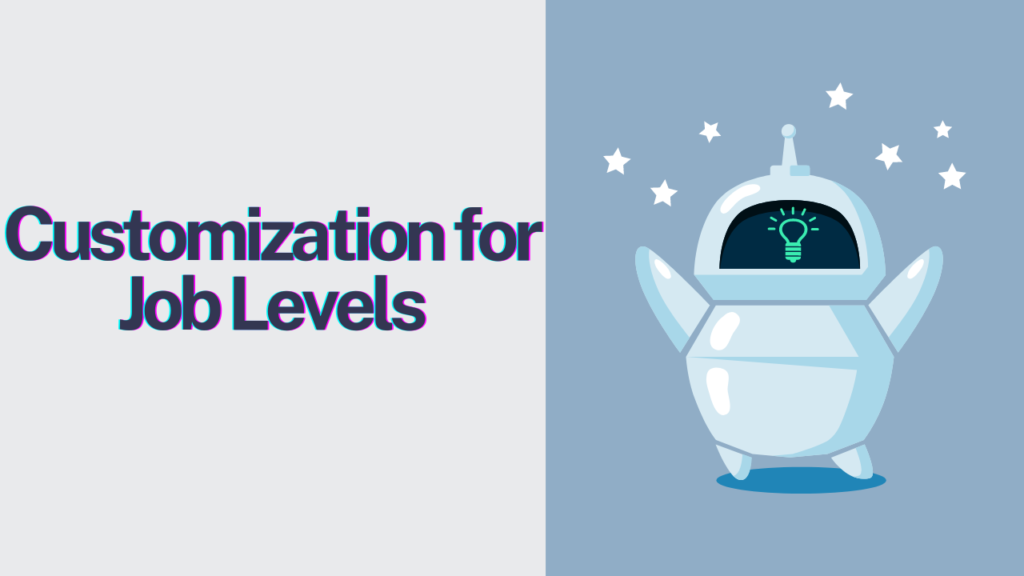
Common Pitfalls and How to Avoid Them
When writing an objective for a resume, it’s easy to make mistakes that can weaken your statement. I will focus on two key areas: staying specific and keeping your objective clear and concise.
Vagueness and Generalizations
Many objectives fail because they are too vague. Statements like “I want a job in a reputable company” do not tell employers anything useful. Instead, I need to specify the role I am applying for and the skills that relate to it.
To avoid vagueness, I can use clear language that highlights my unique qualifications. Phrases like “I aim to leverage my five years of marketing experience in a project management role” give a much clearer picture of what I bring to the table.
Using specific terms and avoiding clichés strengthens my objective. I should tailor it to each position, ensuring it addresses the needs of the employer.
Length and Clarity Issues
Another challenge is writing too much or being unclear. A resume objective should be brief yet informative. If I pack too much information into this section, it can become confusing.
A good rule of thumb is to keep it to one or two sentences. For instance, “Dynamic software engineer with a passion for problem-solving and a background in machine learning, seeking to enhance user experience at XYZ Company” is direct and informative.
To ensure clarity, I should read my objective aloud. If I have to pause or rethink, it likely needs to be simplified. Keeping it straightforward helps employers quickly grasp my intentions and fit for the role.
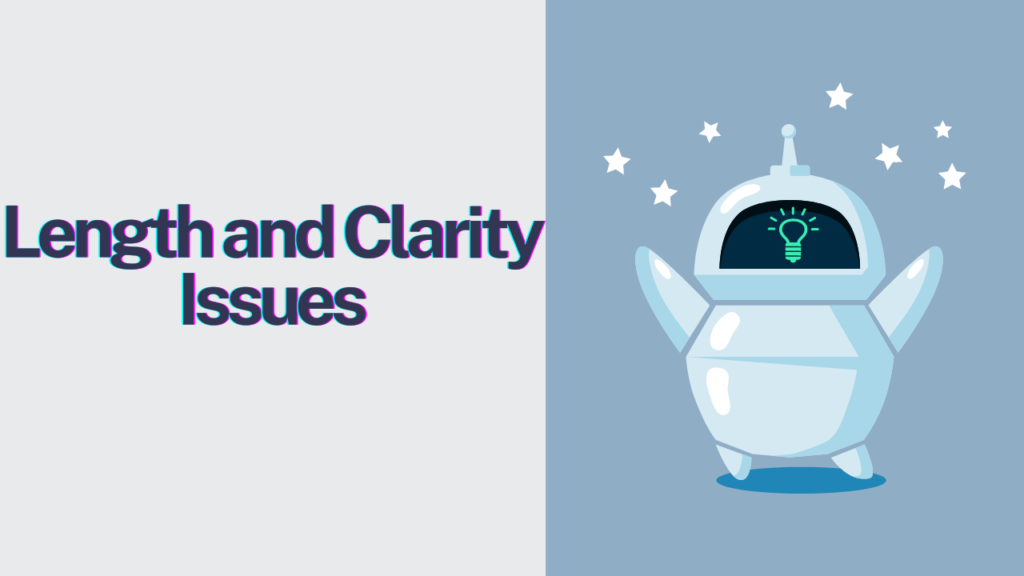
Finalizing Your Resume Objective
I find that reviewing and revising my resume objective is an important step. It ensures clarity and relevance. Seeking feedback can also improve my objective significantly.
Review and Revision Tips
To begin refining my resume objective, I read it carefully for clarity. I ask myself, “Does this represent my career goals?” I focus on specific words, making sure they accurately reflect my aspirations. Short statements work best.
Next, I recommend using action words. Phrases like “seeking,” “aiming for,” or “dedicated to” can create a strong impression. I also eliminate any jargon or vague language that might confuse employers.
I revisit my objective after a short break. A fresh perspective often reveals areas for improvement. Changing wording or structure helps in making it stronger. This process may take time, but it is worthwhile.
Feedback and Professional Advice
Seeking feedback is crucial. I often ask trusted friends or mentors to review my objective. They can provide insights I might overlook. Sometimes, they suggest changes that make my goal clearer and more appealing.
I also consider professional advice. Many career counselors or resume experts offer valuable tips. Their experience can guide me in crafting a standout objective.
When receiving feedback, I stay open-minded. Not all suggestions need to be implemented, but I reflect on them. I look for common themes in the feedback, focusing on the most helpful input.
